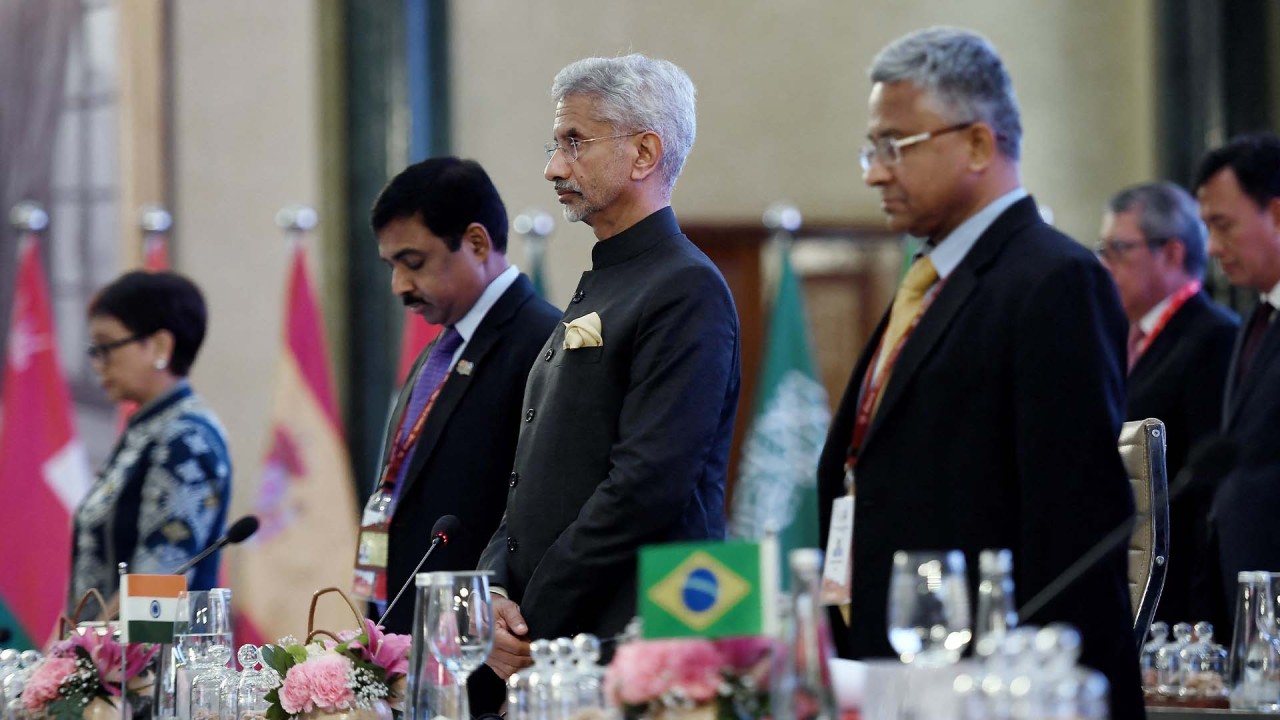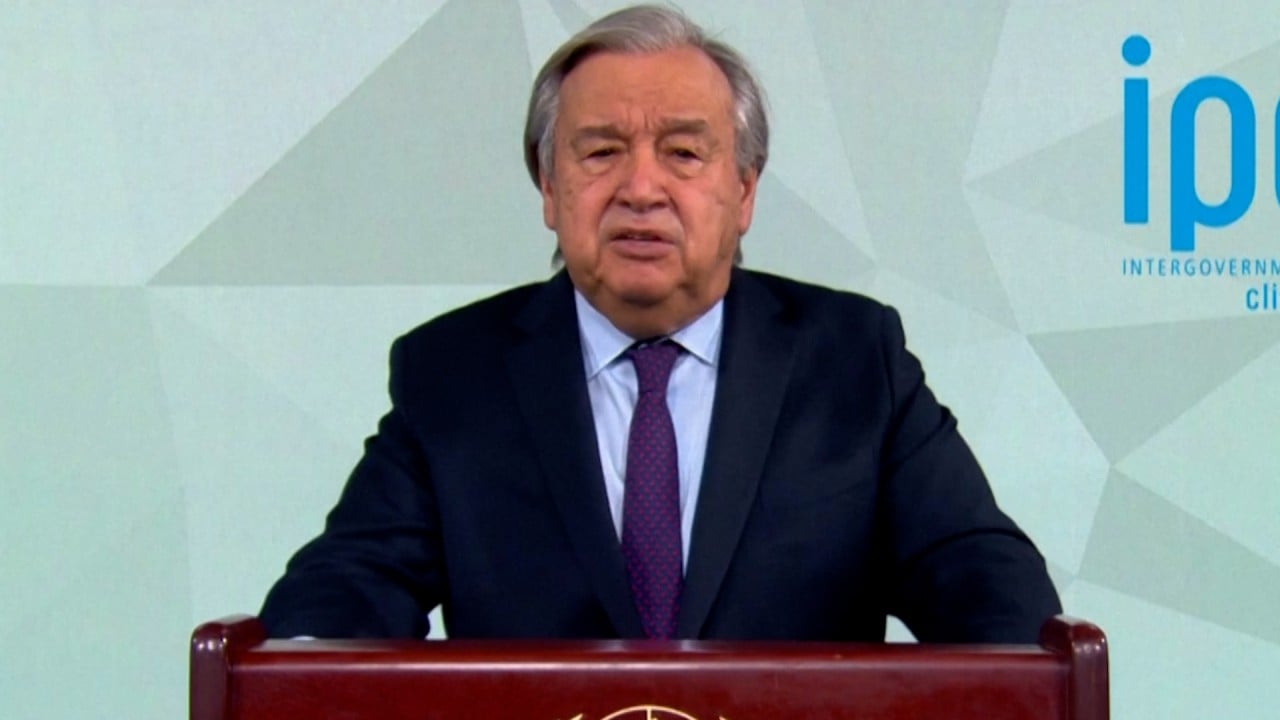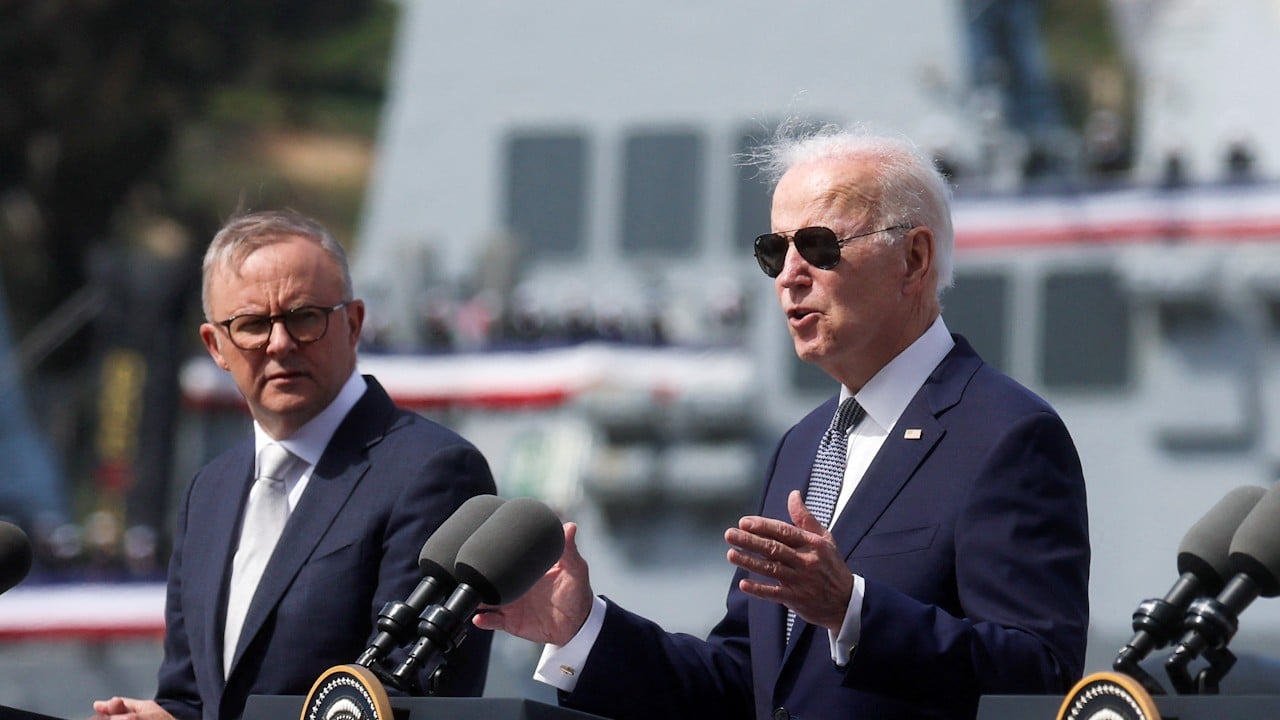
Is India doomed to chair the most impotent G20 in modern times?
- In the face of global crises, from a brewing nuclear arms race to recession and unrest, the G20 has been paralysed by rivalries and distracted by domestic challenges
- Can India, whose reputation is at stake, lead a rebirth or will the grouping crumble and be swept aside?
As India prepares to host the Group of 20 in September, it might be the “last supper” for the grouping. G20, the poster child of globalisation, is plagued by a myriad of crises – none of which it can solve. Or can it?
Short of the West ending support for Ukraine, Russian President Vladimir Putin is unlikely to abandon the plan for nukes in Belarus. And, as long as the North Korean (and Chinese) threat exists, South Korea and Japan will want more deterrence.
So, the G20 can be a lame duck and do nothing as countries play “nuclear chess”. Or India can deliver an ultimatum: G20 nations will ban trade with any country fuelling nuclear proliferation (that is, stationing nukes outside their borders or sharing them). Does India have the guts to do this?
Like in the 1930s, an economic decline might translate into radical politics. Countries could be turned upside down, politically and socially, colliding with one another. The G20 can watch silently (until it’s too late) or take pre-emptive action.
Could India propose a G20 fund that members can tap when they feel the squeeze? Or, even “mini-investment blocs” within the G20 for different areas?
Another G20 gathering didn’t even have representatives from China, thought to be because the venue was in Arunachal Pradesh, an eastern Indian state that China claims as its own.
The G20, a group that has tried hard to stay above the noise, is now in the mud, defined by nations fighting for power. Ahead of a gathering of heads of state for the G20 summit in September, the group has been unable to agree on a statement or even bring all members into the same room.
There has been a rapid return of ideology and tribal mentality to the world stage. This is creating new barriers that restrict how countries can work together and is driving an atmosphere of permanent distrust in global affairs.
All of this is significant for the host nation India. The new status quo of division and paralysis could mean India chairing the most impotent G20 in modern times. If nothing is achieved, all the blame will be on New Delhi. And if the G20 is a failure, then the perception of India as a rising superpower capable of global leadership will be tarnished.
The future of both India’s standing and the G20 are now intertwined. The question is, under India’s leadership, will the G20 crumble and be swept aside? Or will it undergo a rebirth?
Abishur Prakash is the CEO of The Geopolitical Business, an advisory firm in Toronto. He is a global speaker and the author of five books, including his latest, “The World Is Vertical: How Technology Is Remaking Globalization”.




